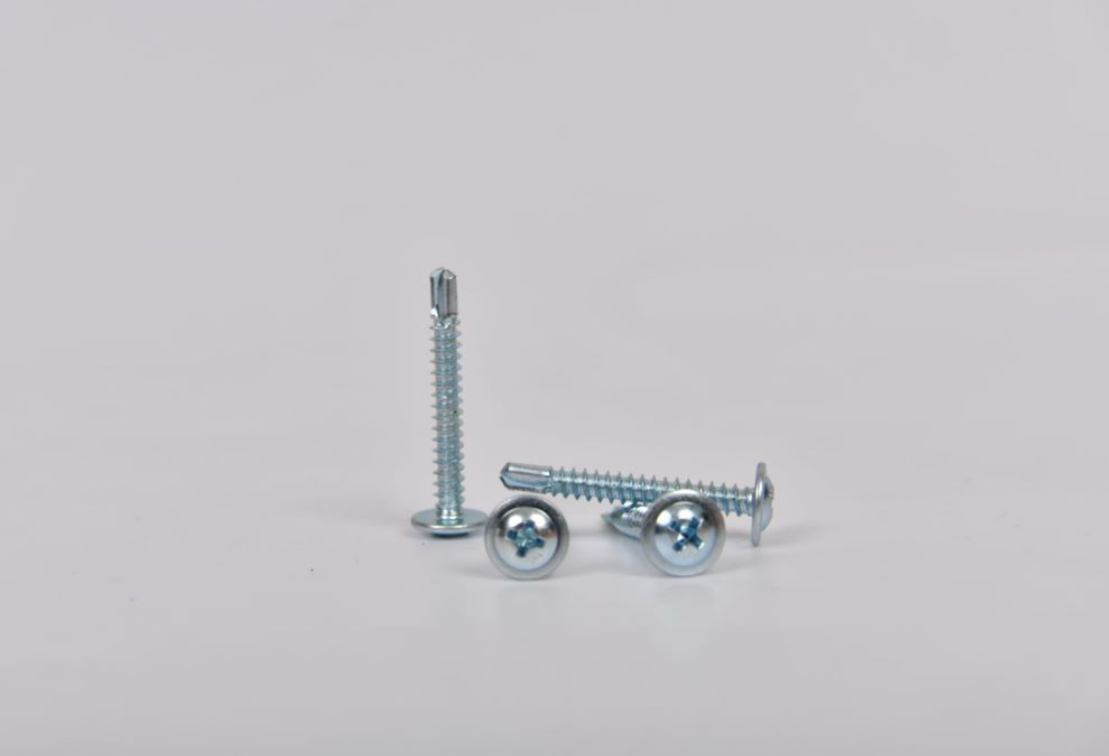Understanding Various Sizes of Drywall Screws for Construction Projects
Understanding Drywall Screw Sizes A Guide for Manufacturers and Builders
When it comes to drywall installation, one of the key components that often gets overlooked is the type and size of screws used. The drywall screw may appear as a minor detail on the surface, but it plays a crucial role in ensuring the durability and stability of drywall installations. For factories and manufacturers that produce drywall screws, understanding the various sizes and their applications is essential for meeting the needs of builders and contractors in the field.
Types of Drywall Screws
Drywall screws are specifically designed for fastening drywall sheets to wood or metal studs. They are often made of hardened steel and come in various sizes, head types, and thread designs. The most common types include
1. Bugle Head Screws The most widely used for drywall, they have a tapered head that allows a flush finish with the surface of the drywall. 2. Round Head Screws Less common, these screws sit above the surface and are used for specific projects. 3. Pancake Head Screws These are similar to round head screws but are flatter and can be ideal for certain types of drywall applications.
Standard Sizes of Drywall Screws
Drywall screws come in a range of lengths, typically from 1 inch to 3 inches. The common sizes include
- 1 inch Usually used for attaching 1/4-inch thick drywall to wooden studs. - 1 1/4 inch Preferred for standard 1/2-inch drywall to wooden or metal studs. - 1 5/8 inch Often used for 1/2-inch drywall to wooden studs where additional holding power is needed. - 2 inch Commonly used for 5/8-inch thick drywall on metal studs or thicker wood applications. - 2 1/4 inch and 2 5/8 inch These sizes are used for special applications or securing multiple layers of drywall.
Manufacturers must ensure that they produce screws that align with these standards, as builders often rely on specific lengths for their projects.
Thread Design
Another critical aspect of drywall screws is their thread design. Most drywall screws are available in fine-thread and coarse-thread varieties
drywall screw sizes factories

- Fine-Thread Screws These are particularly useful for attaching drywall to metal studs, as they grip the metal without stripping. - Coarse-Thread Screws Typically used for wood studs, these screws provide a more aggressive grip in softer materials.
Manufacturers should consider producing a combination of both thread types to cater to diverse building needs.
Coating and Finishes
Drywall screws can also vary by their coating and finish, which affects their resistance to rust and corrosion. Common types of coatings include
- Phosphate-Coated These screws are designed for indoor use and are treated to prevent rust. - Galvanized These are ideal for exterior applications or areas with high humidity, offering enhanced protection against corrosion. - Black Oxide This finish provides minimal surface tension and can help reduce glare, making it a favorite for various residential applications.
In an increasingly environmentally conscious market, manufacturers should explore eco-friendly coatings that offer similar protective qualities without harsh chemicals.
Importance of Quality Control
For factories producing drywall screws, quality control is crucial. Screws that are not manufactured correctly can lead to issues during installation, such as stripping, bending, or breaking. Regular testing for tensile strength, torque, and pull-out resistance is essential to ensure that screws will perform as expected under various conditions.
Conclusion
In conclusion, understanding drywall screw sizes, types, coatings, and quality is integral for factories and manufacturers aiming to meet the needs of builders effectively. As construction technologies continue to evolve, maintaining a focus on quality, variety, and innovation in the production of drywall screws will help manufacturers stay competitive in an ever-demanding market. By offering a well-rounded selection of products designed to meet the needs of various applications, manufacturers can ensure that they are providing value to both builders and end-users.
-
Top Choices for Plasterboard FixingNewsDec.26,2024
-
The Versatility of Specialty WashersNewsDec.26,2024
-
Secure Your ProjectsNewsDec.26,2024
-
Essential Screws for Chipboard Flooring ProjectsNewsDec.26,2024
-
Choosing the Right Drywall ScrewsNewsDec.26,2024
-
Black Phosphate Screws for Superior PerformanceNewsDec.26,2024
-
The Versatile Choice of Nylon Flat Washers for Your NeedsNewsDec.18,2024










